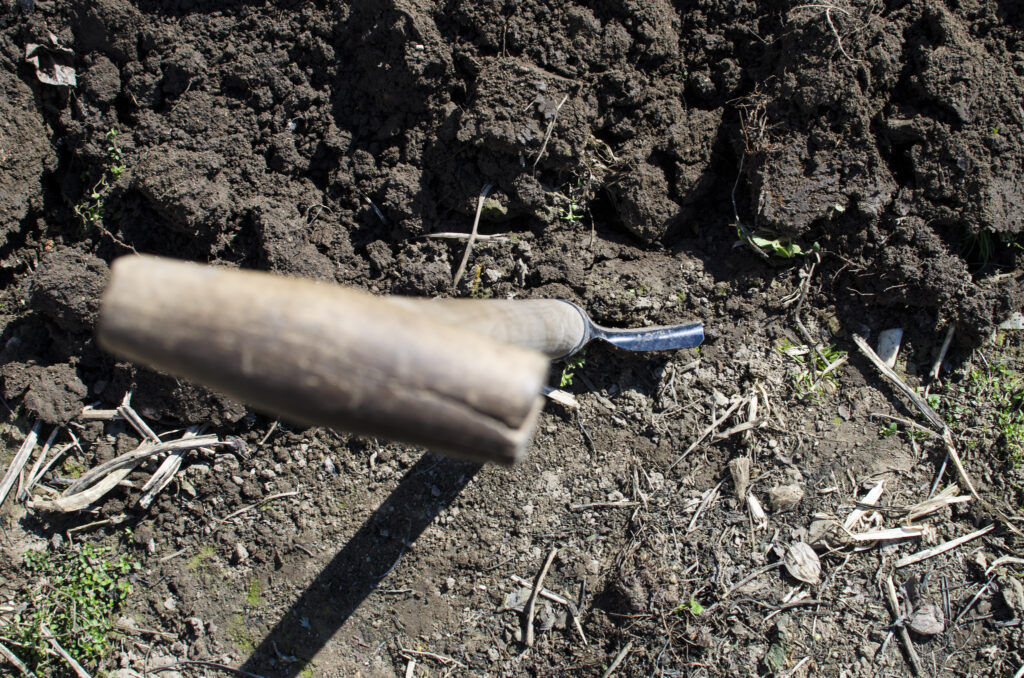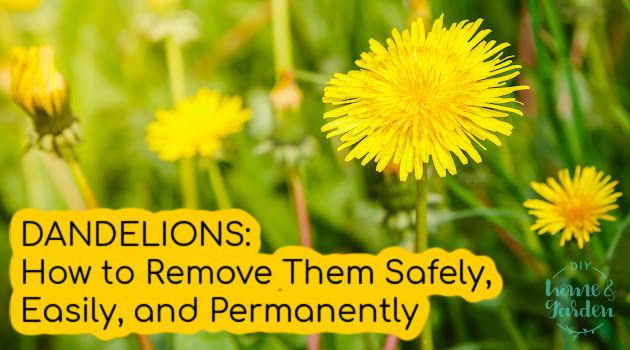Taking care of your garden can ensure the longevity of your plants, vegetables, and fruit. Some new gardeners mistakenly assume that a few hours of sunlight are all plants need to live and survive–and stay blooming longer.
But the reality is that they require a lot more than just that. Thus, taking care of your garden correctly is very important. Or else your plants will wither and die soon.
Every plant has a specific requirement, and you must meet that need to ensure that your garden lasts long. From getting the best garden soil delivery to treating the soil with nutrients and watering them properly. You can take many proactive measures to ensure a healthy garden.
5 Gardening Tips to Keep your Home Garden Blooming Healthy
Here are some essential tips that can help you look after your garden.
1 – Keep your garden blooming with accurate watering
Balanced watering is essential. Do not overwater or water the plants as extreme conditions can harm the plants. Overwatering leads to leaf spots and fungi growth. And if you don’t water them regularly, they will soon wither and die. Thus, the best way to water your garden is to keep the soil watered but not drenched.
The garden should not be soaking wet. It is best to water the soil directly as the roots of the plants will absorb the water from there. Also, it is recommended that you avoid sprinklers and opt for a drip irrigation system if you are looking for an automation system for the garden.
2 – A well blooming garden has well-amended soil
Garden soil degrades over time and requires a refresh now and then. You can quickly get garden soil from any gardener, or some of the best sellers also deliver it to your doorstep. However, you must buy high-quality garden soil only. The earth also depends on the species of your plants–invest accordingly.
Once established, amend your soil with compost regularly to keep it rich and nourishing for your flowers blooming for longer.
3 – Keep your tools clean
Cleaning your garden tools frequently after every use is essential. You don’t want a disease to spread amongst your plants? To avoid it, it is recommended that you clean your gardening tools carefully to reduce the risk of bacteria transmission.

4 – Protection from animals
Protecting your plants from animals is very important. Otherwise, they will gladly crash the party, breaking over your blossoms or even enjoying them as a meal.
Setting up a barrier is a great way to keep herbivores and critters away from your plants. Wired fences are the best as they do not block out sunlight but do the job. This barrier may deter smaller animals, but a determined deer might jump your fence. However, it’s worth a try!
Traditional fencing usually blocks sunlight, which can hinder their growth as plants require it.
5 – Kill the weeds that compete with blooming flowers for nutrients
Weeds destroy your garden. They suffocate the roots of plants and hinder their growth. Furthermore, they take up a lot of space, making it harder for your plants to grow correctly. Thus, getting rid of weeds is very important. Check for weeds and remove them at least once weekly to keep them from stealing essential minerals and nutrients from your blossoms.

Final Thoughts on Keeping Your Garden Blooming
Gardening requires a lot of attention. You cannot simply sow plants in the garden and expect them to grow ideally independently. Your plants and vegetables will soon wither without proper care and maintenance. Therefore, taking the right steps is crucial.
With the above-mentioned simple tips, you can start taking care of your garden to make it more resilient. You can also try raised beds for greater longevity of plants. They are the best bet for anyone planning to start small with their home garden.

